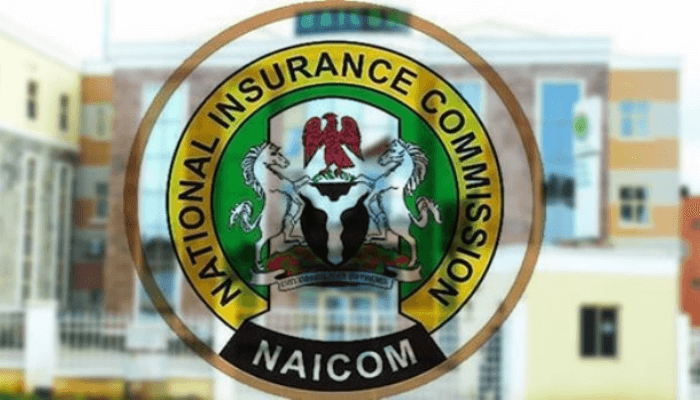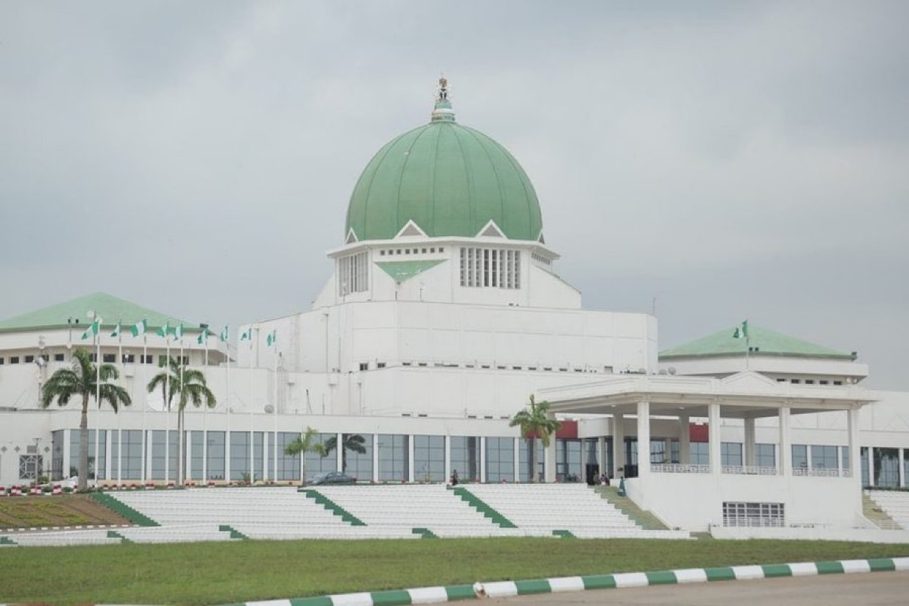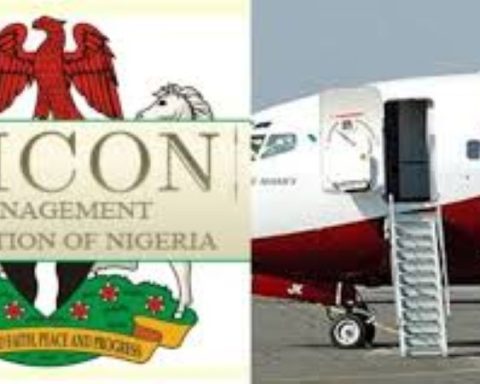Nigeria’s insurance industry has entered a new phase of consolidation and reform as 58 insurance and reinsurance firms race to raise fresh capital to meet the new thresholds set under the Nigerian Insurance Industry Reform Act (NIIRA) 2025.
The recapitalisation exercise, which took effect on July 31, 2025, gives operators a 12-month window to comply with new minimum capital requirements (MCR) issued by the National Insurance Commission (NAICOM).
Under the reform, the minimum capital base for life insurance companies is set at ₦10 billion, non-life insurers at ₦15 billion, composite insurers at ₦25 billion, and reinsurers at ₦35 billion.
Join our WhatsApp ChannelAccording to NAICOM, the recapitalisation is designed to strengthen the industry’s financial resilience, improve claims-paying capacity, and align Nigeria’s insurance sector with global standards.
“The recapitalisation initiative is meant to improve the financial stability of insurance companies, enhance claims settlement, and deepen consumer confidence,” the Commission said in a circular.
“Our goal is to ensure that only solvent and well-capitalised insurers operate in the market.”
The Commission warned that operators who fail to meet the new thresholds by July 2026 risk regulatory sanctions, including potential loss of operating licences.
READ ALSO: Tinubu Orders Enforcement of Mandatory Health Insurance Across MDAs
Profit Takers Milk Tinubu’s Insurance Law Effect, Wipe Off N198bn From Insurance Stocks
Analysts estimate that the total amount of fresh capital expected to be raised across the sector could approach ₦1 trillion, making it one of the largest recapitalisation efforts in Nigeria’s financial history.
The exercise, NAICOM said, is a key step toward adopting a Risk-Based Capital (RBC) regime a framework that ties each insurer’s capital adequacy to its risk profile.
Abiodun Aribike, NAICOM’s Deputy Director of Technology Strategy and Research, noted that the shift would significantly improve financial soundness in the industry.
“The transition to the RBC regime will ensure each insurer maintains sufficient capital to match its risk exposure, thereby strengthening solvency controls and market discipline,” Aribike said.
Similarly, Olugbenga Jaiyesimi, Deputy Director of Market Conduct and Complaints Bureau, said the NIIRA 2025 framework would enhance consumer protection and transparency.
“Stronger capital requirements mean insurers will be better positioned to meet obligations, protect policyholders from insolvency risk, and ensure prompt claims settlement,” Jaiyesimi explained.
The recapitalisation is also expected to trigger a wave of mergers and acquisitions (M&A), as smaller firms unable to meet the new capital base may consolidate with larger players.
Observers believe that while the process could reduce the number of active operators, it will create a leaner, more competitive, and better-capitalised industry.
Olusegun Ayo Omosehin, the Commissioner for Insurance, described the reform as a “strategic pillar” of Nigeria’s broader economic transformation agenda.
“Recapitalisation is essential for the stability and sustainability of our insurance sector,” he said. “It will enable the industry to play its rightful role in risk management, wealth creation, and financial inclusion, all of which are crucial to achieving Nigeria’s trillion-dollar economy vision.”
As the 12-month countdown continues, insurance operators are exploring various funding options, including rights issues, private placements, strategic partnerships, and foreign investment.
NAICOM has reiterated that the recapitalisation drive will not only strengthen existing firms but also attract new investment into the Nigerian insurance market a sector that currently contributes less than one percent of GDP, but with significant growth potential.
Amanze Chinonye is a Staff Correspondent at Prime Business Africa, a rising star in the literary world, weaving captivating stories that transport readers to the vibrant landscapes of Nigeria and the rest of Africa. With a unique voice that blends with the newspaper's tradition and style, Chinonye's writing is a masterful exploration of the human condition, delving into themes of identity, culture, and social justice. Through her words, Chinonye paints vivid portraits of everyday African life, from the bustling markets of Nigeria's Lagos to the quiet villages of South Africa's countryside . With a keen eye for detail and a deep understanding of the complexities of Nigerian society, Chinonye's writing is both a testament to the country's rich cultural heritage and a powerful call to action for a brighter future. As a writer, Chinonye is a true storyteller, using her dexterity to educate, inspire, and uplift readers around the world.
- Amanze Chinonye
- Amanze Chinonye
- Amanze Chinonye
- Amanze Chinonye
- Amanze Chinonye
- Amanze Chinonye
- Amanze Chinonye
- Amanze Chinonye
- Amanze Chinonye
- Amanze Chinonye
- Amanze Chinonye
- Amanze Chinonye
- Amanze Chinonye
- Amanze Chinonye
- Amanze Chinonye
- Amanze Chinonye
- Amanze Chinonye
- Amanze Chinonye
- Amanze Chinonye
- Amanze Chinonye
- Amanze Chinonye
- Amanze Chinonye
- Amanze Chinonye
- Amanze Chinonye
- Amanze Chinonye
- Amanze Chinonye
- Amanze Chinonye
- Amanze Chinonye
- Amanze Chinonye
- Amanze Chinonye
- Amanze Chinonye
- Amanze Chinonye
- Amanze Chinonye
- Amanze Chinonye
- Amanze Chinonye
- Amanze Chinonye
- Amanze Chinonye
- Amanze Chinonye
- Amanze Chinonye
- Amanze Chinonye
- Amanze Chinonye
- Amanze Chinonye
- Amanze Chinonye
- Amanze Chinonye
- Amanze Chinonye
- Amanze Chinonye
- Amanze Chinonye
- Amanze Chinonye
- Amanze Chinonye
- Amanze Chinonye
- Amanze Chinonye
- Amanze Chinonye
- Amanze Chinonye
- Amanze Chinonye
- Amanze Chinonye
- Amanze Chinonye
- Amanze Chinonye
- Amanze Chinonye
- Amanze Chinonye
- Amanze Chinonye
- Amanze Chinonye
- Amanze Chinonye
- Amanze Chinonye
- Amanze Chinonye
- Amanze Chinonye
- Amanze Chinonye
- Amanze Chinonye
- Amanze Chinonye
- Amanze Chinonye
- Amanze Chinonye
- Amanze Chinonye
- Amanze Chinonye
- Amanze Chinonye
- Amanze Chinonye
- Amanze Chinonye
- Amanze Chinonye
- Amanze Chinonye
- Amanze Chinonye
- Amanze Chinonye
- Amanze Chinonye
- Amanze Chinonye
- Amanze Chinonye
- Amanze Chinonye
- Amanze Chinonye
- Amanze Chinonye
- Amanze Chinonye
- Amanze Chinonye
- Amanze Chinonye
- Amanze Chinonye
- Amanze Chinonye
- Amanze Chinonye
- Amanze Chinonye
- Amanze Chinonye
- Amanze Chinonye
- Amanze Chinonye
- Amanze Chinonye
- Amanze Chinonye
- Amanze Chinonye
- Amanze Chinonye
- Amanze Chinonye
- Amanze Chinonye
- Amanze Chinonye
- Amanze Chinonye
- Amanze Chinonye
- Amanze Chinonye
- Amanze Chinonye
- Amanze Chinonye
- Amanze Chinonye
- Amanze Chinonye
- Amanze Chinonye
- Amanze Chinonye
- Amanze Chinonye
- Amanze Chinonye
- Amanze Chinonye
- Amanze Chinonye
- Amanze Chinonye
- Amanze Chinonye
- Amanze Chinonye
- Amanze Chinonye
- Amanze Chinonye
- Amanze Chinonye
- Amanze Chinonye
- Amanze Chinonye
- Amanze Chinonye
- Amanze Chinonye
- Amanze Chinonye
- Amanze Chinonye
- Amanze Chinonye
- Amanze Chinonye
- Amanze Chinonye
- Amanze Chinonye
- Amanze Chinonye
- Amanze Chinonye
- Amanze Chinonye
- Amanze Chinonye
- Amanze Chinonye
- Amanze Chinonye















